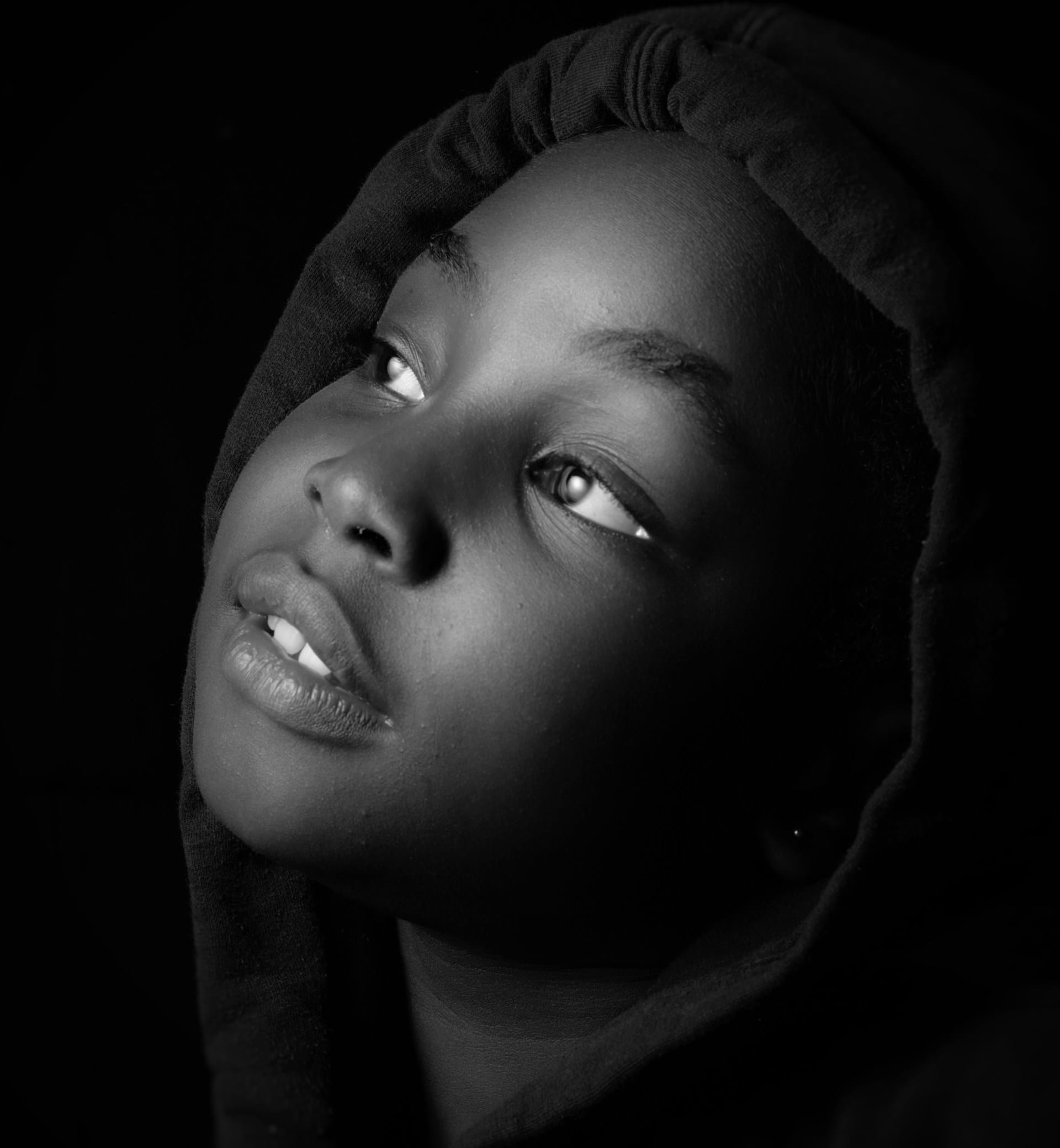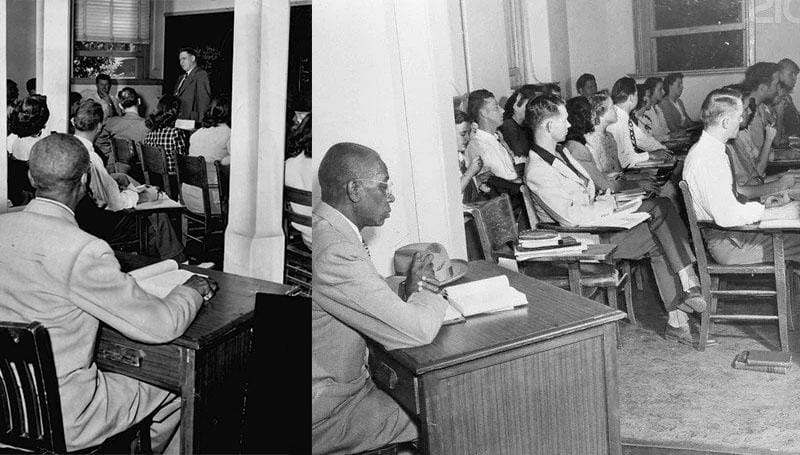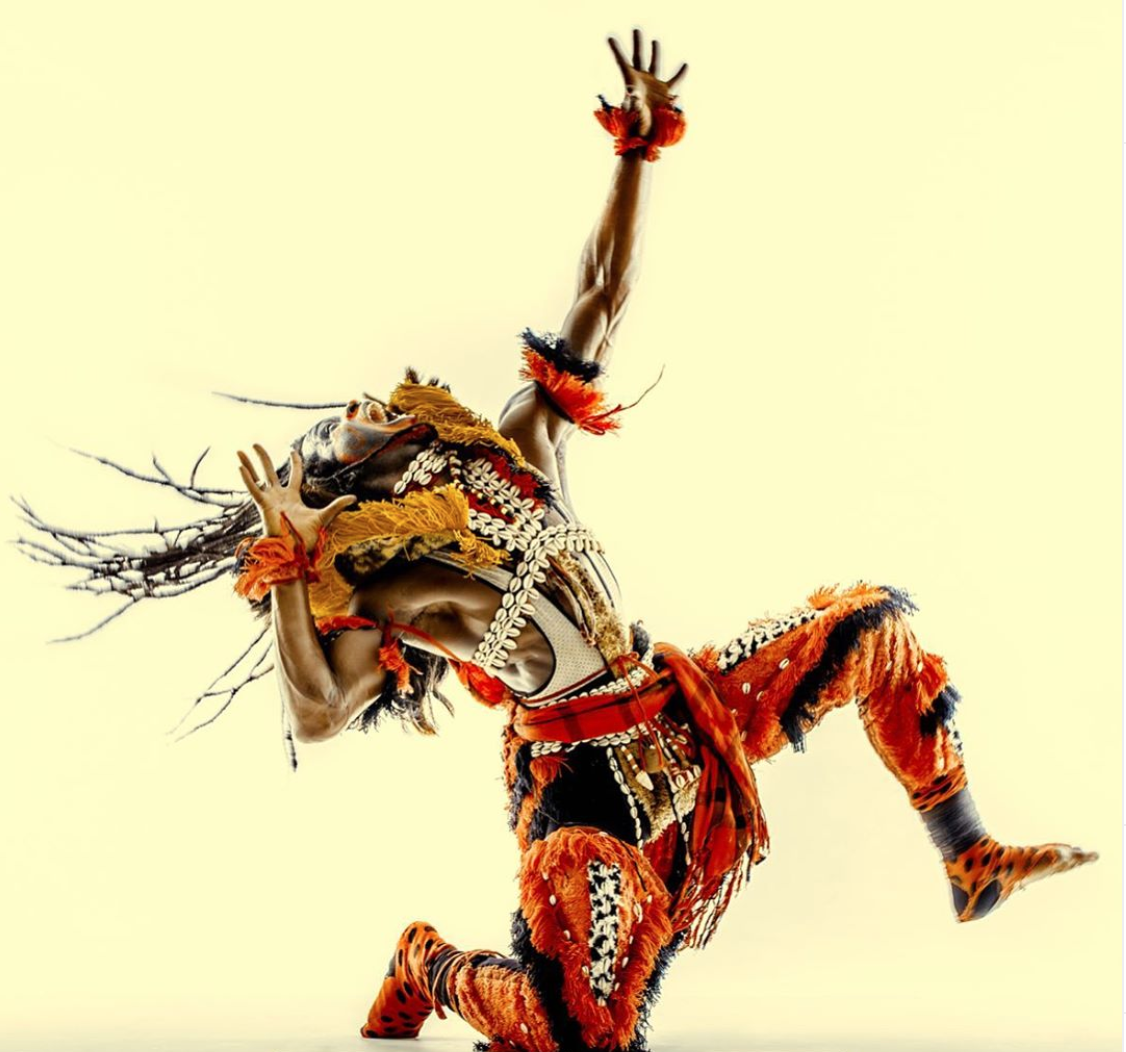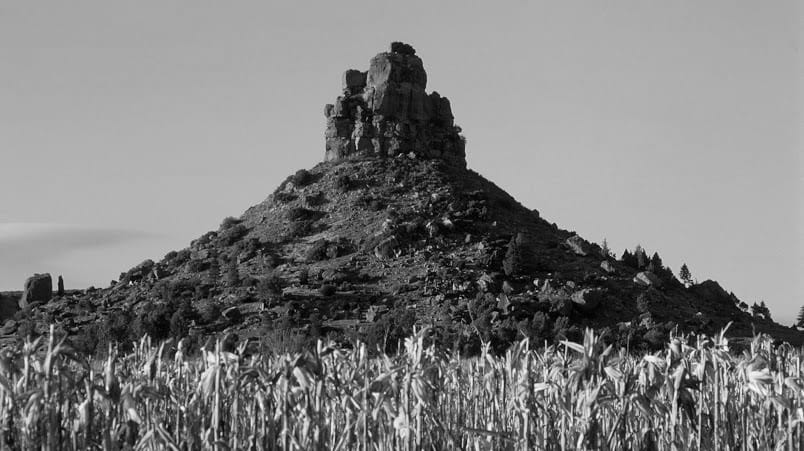Through oral traditions, mythologies, legends, and storytelling, communities pass down their collective wisdom, historical consciousness, and memory as well as moral lessons. These folk narratives and voices provide a sense of continuity, connecting contemporary Africans with their ancestral roots. In a continent with a multifaceted history of diverse cultures and languages, folklore becomes a unifying force that buttresses a shared sense of identity and belonging.
A clip from Mpho Sebina on Platinum Fridays with Tbose (Kaya FM)
In the process, African folklore is an embodiment of cultural multiplicity. It re-produces the multiplicity of ethnicities and traditions within nations, (re)defining the vibrancy of different belief systems and practices. This diversity is a form of cultural wealth, enriching the collective understanding of what it means to be an African.
Over and above this, folklore becomes an etymology of pride, celebrating the unique contributions of each ethnic group while promoting mutual honour and understanding among them. Similarly, the wealth of African folklore extends far beyond its cultural significance; it plays a central role in shaping social ethical codes and value systems.
Folktales, in particular, convey moral lessons, ethical principles, and societal expectations. They serve as a guide for individuals, imparting values that contribute to social cohesion, consciousness, intellectuality, and harmony. In this way, African folklore becomes a dynamic force that not only preserves cultural wealth but also influences the ongoing development of societal ethos and moral frameworks.
In addition to this, African folklore serves as a reservoir of indigenous knowledge and environmental wisdom. Many folk narratives are profoundly interwoven with the natural world, imparting ecological perspectives, sustainable practices, and a profound understanding of the relationship between humans and their environment. This ecological wisdom is particularly significant in the context of contemporary environmental challenges, making folklore a source of valuable insights for sustainable living and ecological stewardship.
By the same token, the performative dimension of African folklore, recurrently conveyed through music, dance, and visual arts, adds another layer of cultural wealth. This denotes that folk performances are not just about storytelling; they are vibrant expressions of cultural identity, rituals, and community bonding. These performances contribute to the intangible cultural heritage of Africans, showcasing the nation’s artistic prowess and the dynamic ways in which traditions are creatively expressed and preserved. In the realm of social cohesion, African folklore plays a role in advancing intergenerational connections.
The passing down of narratives and traditions from elders to younger generations amplifies family bonds and community ties. This intergenerational transmission guarantees the continuity of ethnological practices and values, creating a sense of shared history and legacy.
Dr Mlamli Diko - An Existential Phenomenological Approach on Folklore as South Africa's Wealth in Context




